As Nevada Democratic Rep. Shelley Berkley announced her Senate bid Thursday and quickly won the backing of her party’s campaign arm, other prominent Senatorial prospects in New Mexico and Connecticut linger without the support of their party.
The less fortunate pair, Reps. Chris Murphy and Martin Heinrich, were not extended the Beltway blessing because the former already faces a primary opponent and the latter is likely to counter his own.
But Berkley–who took great pains to clear a primary field once rumored to include State Treasurer Kate Marshall, Attorney General Catherine Cortez Masto and Secretary of State Ross Miller–will square off against her own primary challenger.
The efforts of Berkley and her allies to eliminate possible challengers ahead of a primary has lent to grumbling that Washington pols are once more preempting primary voters, selling short local businessman Byron Georgiou, who posted a $1.1 million fundraising haul in the first quarter after committing to a run in early March.
So why the uneven endorsement scheme?
The Democratic Senatorial Campaign Committee’s willingness to violate neutrality in Nevada but not in New Mexico and Connecticut reflects Democrats growing unease with the approaching election season as they fight to maintain their slender majority: While Republicans must defend 10 seats, of which Nevada is one, Democrats must likewise fend off 23 GOP challengers. (GOP’ers need net only 4 seats to recapture the upper chamber.)
Election handicappers maintain that of those 23 Democratic seats, at least five–Montana, Virginia, Nebraska, Florida and North Dakota–are today at great risk of changing party hands. And another two–Missouri and West Virginia–seats held by Democrats were won by Sen. John McCain in 2008.

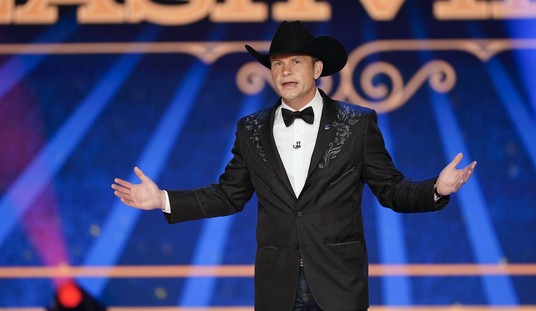
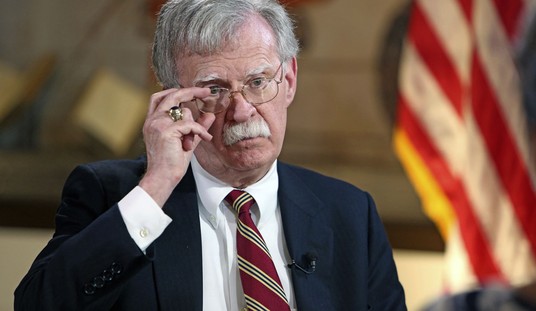



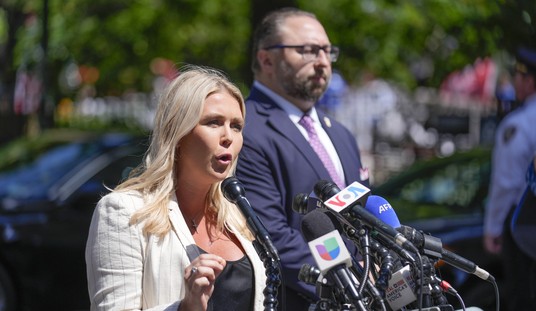
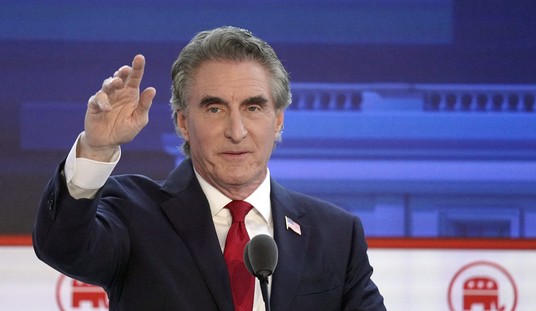

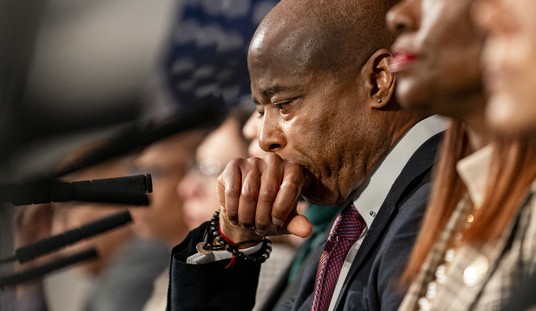



Join the conversation as a VIP Member